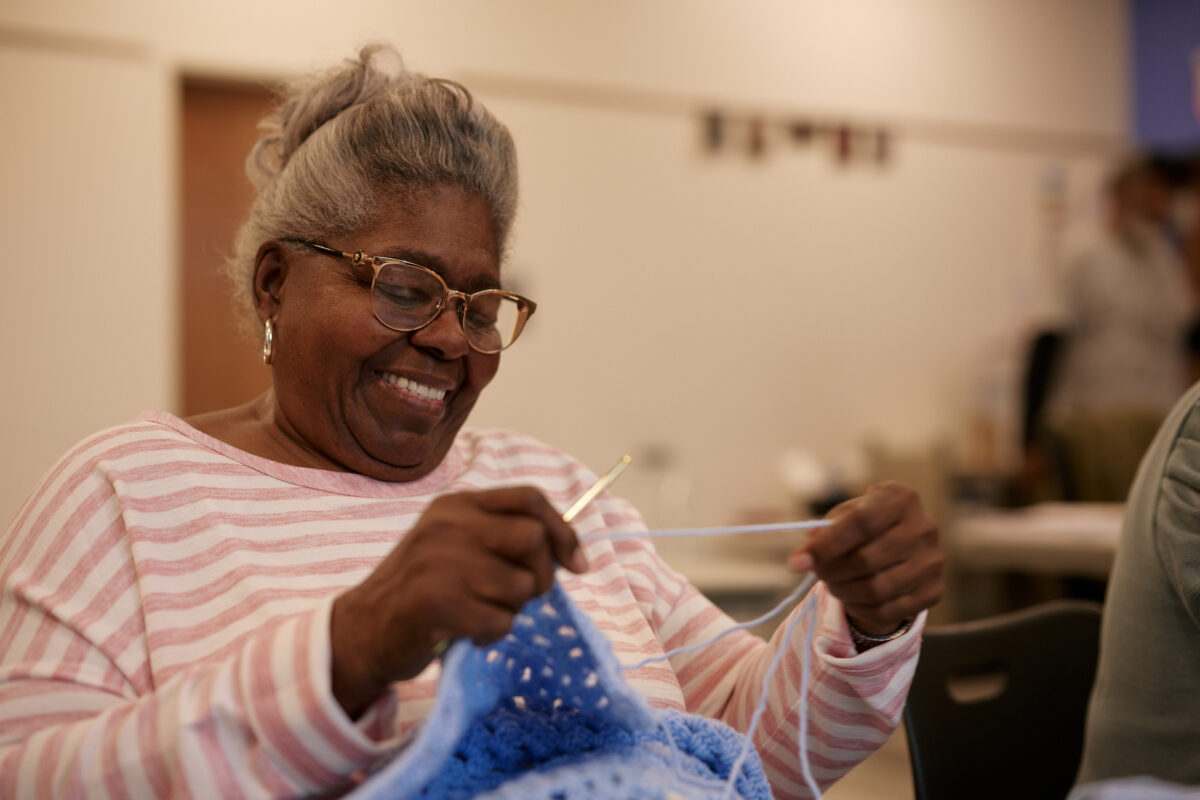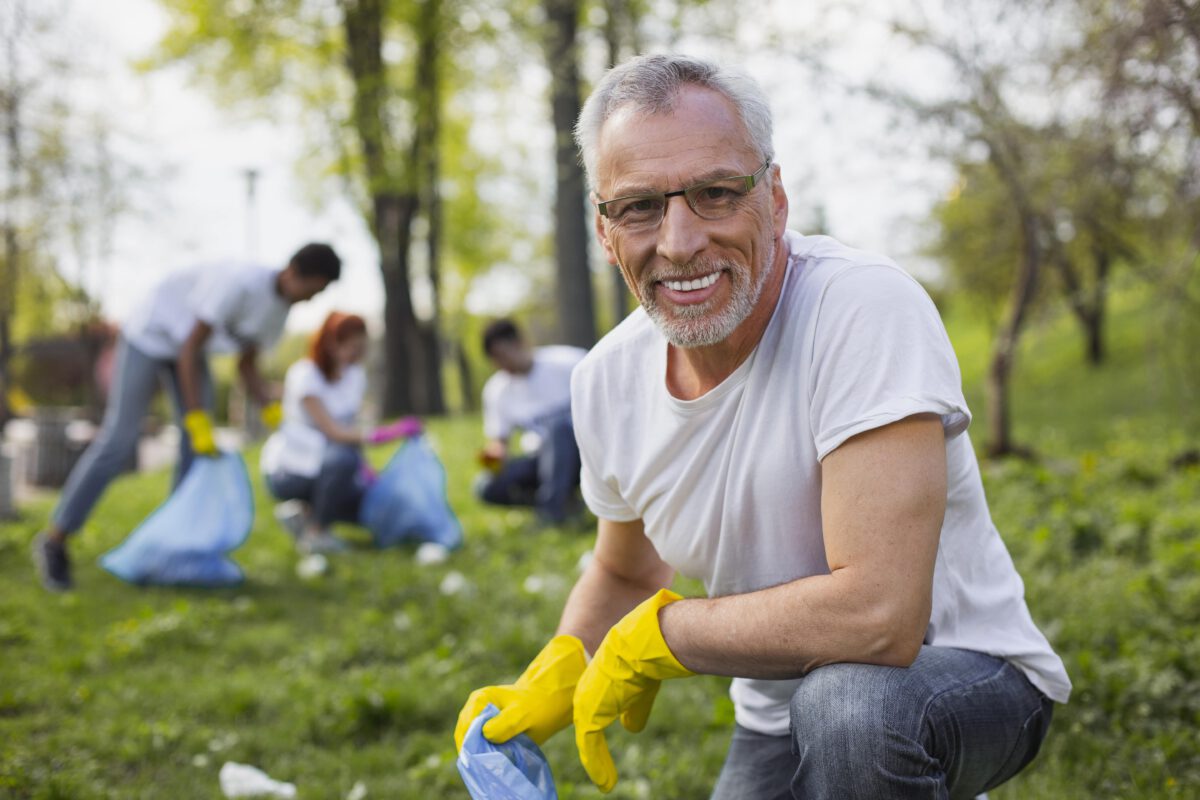Aging Challenges for Older Adults in the LGBT+ Community
Individuals in the LGBT+ community have a long history of facing discrimination in the United States, and the effects of prejudice, hostility and mental, emotional and physical harm are felt by all generations of the community, from youths to older adults. Many LGBT+ older adults age into systems that may not fully accept and support them, and may directly or indirectly stand in the way of them getting the physical and mental health assistance they need.
What challenges exist for LGBT+ older adults?
- Increased discrimination in care settings and in the community: Discrimination remains one of the biggest challenges for the LGBT+ community at large. Older adults may face discrimination from peers, caregivers, physicians, service providers and other people involved in their care, in ways including, but not limited to:
- Denial of service or treatment
- Use of slurs or harmful language
- Avoidance of physical contact
- Intentional misgendering
- Hostility
Discrimination can increase the stress, anxiety, isolation and loneliness of LGBT+ older adults, and also negatively impact their health, especially if discrimination is a barrier to receiving the care they need.
- Unmet specialized needs: Health care practitioners are often challenged to respond to the specialized needs and services for the LGBT+ community.
- Smaller support networks: Many LGBT+ older adults were cut off from their biological families, or otherwise don’t feel comfortable turning to them for support. Additionally, members of the LGBT+ community are four times less likely to have children than their heterosexual peers. Lastly, many LGBT+ older adults lost friends and loved ones to the AIDS crisis, and continue to feel the impact of those losses.
- Increased mental health issues: Many LGBT+ older adults grew up when homosexuality was considered a mental illness, often making the relationship between them and a mental health practitioner uneasy, distrustful, fearful of “discrimination and bias.” According to a National LGBT Health Education Center report, rates of depression are more than twice as high among LGBT+ older adults compared to older adults in general, and many suffer effects of past traumas related to harassment and rejection by family and friends, leading to higher rates of substance abuse as a coping method.
- Uncertain nature of rights, protections and supports: Legislation on LGBT+ issues can change unexpectedly depending on the actions of local and national politicians and court rulings. Certain protections that are in place for the LGBT+ community may be removed or changed with little notice.
What resources exist for LGBT+ older adults?
If you are an older adult in the LGBT+ community, or provide assistance to one as a caregiver, it is important not to be stopped by these obstacles. All people are of deserving of quality, unprejudiced care as they age, which respects their identity and dignity. For support, consider reaching out to:
- Community agencies that provide AIDS support and services.
- Local and national LGBT+ organizations. These can help in locating community agencies that are sensitive and supportive. Many provide information anonymously over the phone.
- LGBT+-sensitive homecare providers or social work/mental health services, such as those provided by Benjamin Rose Institute on Aging in the Cleveland area.
- Your local Area Agency on Aging
- SAGE LGBT Elder Hotline
LGBT+ older adults and their caregivers may also encounter legal issues, such as undergoing discrimination-based mistreat, or not having civil unions, partnerships or even marriages acknowledged or respected. In these situations, consider reaching out to:
- Lambda Legal, a national organization committed to LGBT+ civil rights issues
- The National Center for Lesbian Rights
- Transgender Law Center







